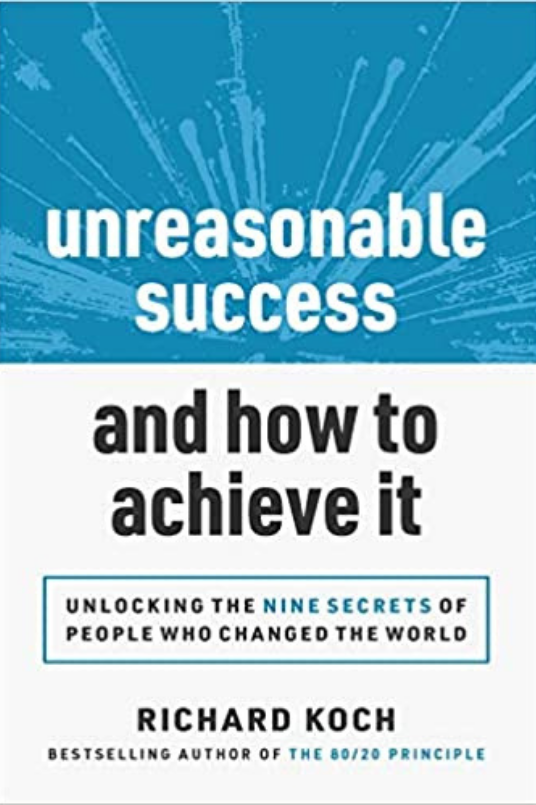Also, you’ll get to learn about great real-life stories and examples that illustrate the principles that are shared in the book.
This is a great resource for thought leaders and speakers who want to include new stories in their repertoire.
Flow: 5/5
Actionability: 4/5
Mindset: 4/5
Some of My Highlights:
“I define success as achieving something you regard as worthwhile – as getting to a destination which makes you feel proud and fulfilled.”
“But so are careers – they all have squiggly lines up and down, periods of success and failure, and wrong turns and unexpected paths to glory, of alternating euphoria and exhaustion.”
“The essential starting point for success – the first landmark – is self-belief.”
“On Churchill: he did not go to university, and took three tries to pass into Sandhurst, the military academy.”
“Four years later, having failed to find a permanent teaching job, he became a substitute teacher, and then had to settle for a low-paid job evaluating inventions in the Swiss patent office at Bern.”
“For unusual success, wide experimentation is followed sooner or later by extreme focus, and then by blazing a wholly original trail.”
“The reason most people do not achieve extraordinary results is that they do not believe that they can, or do not want to enough – which comes down to the same thing.”
“The necessary ingredients are insatiable curiosity, quirky intelligence, the paradoxical combination of confidence and awe which I term ‘modest arrogance’, and a particular guiding philosophy.”
“Only fifteen paintings accredited to Leonardo now survive, but they establish him as one of the greatest painters of all time.”
“Keynes refused to be constrained to the role of economist, writing as befitted a historian, philosopher, theologian and statesman.”
“They were iconoclasts; bold and self-possessed; expecting and requiring nothing form themselves except what was beyond the reach of ordinary mortals.”
“This does not work for everyone; but conversely, I found no examples of unreasonable success which did not involve great leaps forward based on quite outsized expectations.”
“‘There is nothing,’ he wrote, ‘like returning to a place that remains unchanged to find the ways in which you yourself have altered…”
“We are not on Earth, he reasoned, to judge what is happening to us, but to ask what life expected and requires of us, to fulfill our potential.”
“What transformed Frankl was finding meaning in hell.”
“‘Events,’ he said, ‘are stronger than the plans of men.’ ‘Man cannot create the current of events. he can only float with it and steer.'”
“Your skills – and improving them – are not the point. Far more important is what you try to do – the originality and reach of your mission, goal, destiny, whatever you call it, and your tenacity, nay, fanaticism, and luck in seeing it thought to completion.”
“‘To speak with the tongues of men and angels,’ Asquith said of Churchill, ‘is no good if a man does not inspire trust.'”
“He will learn as much as possible about you before meeting you.”
